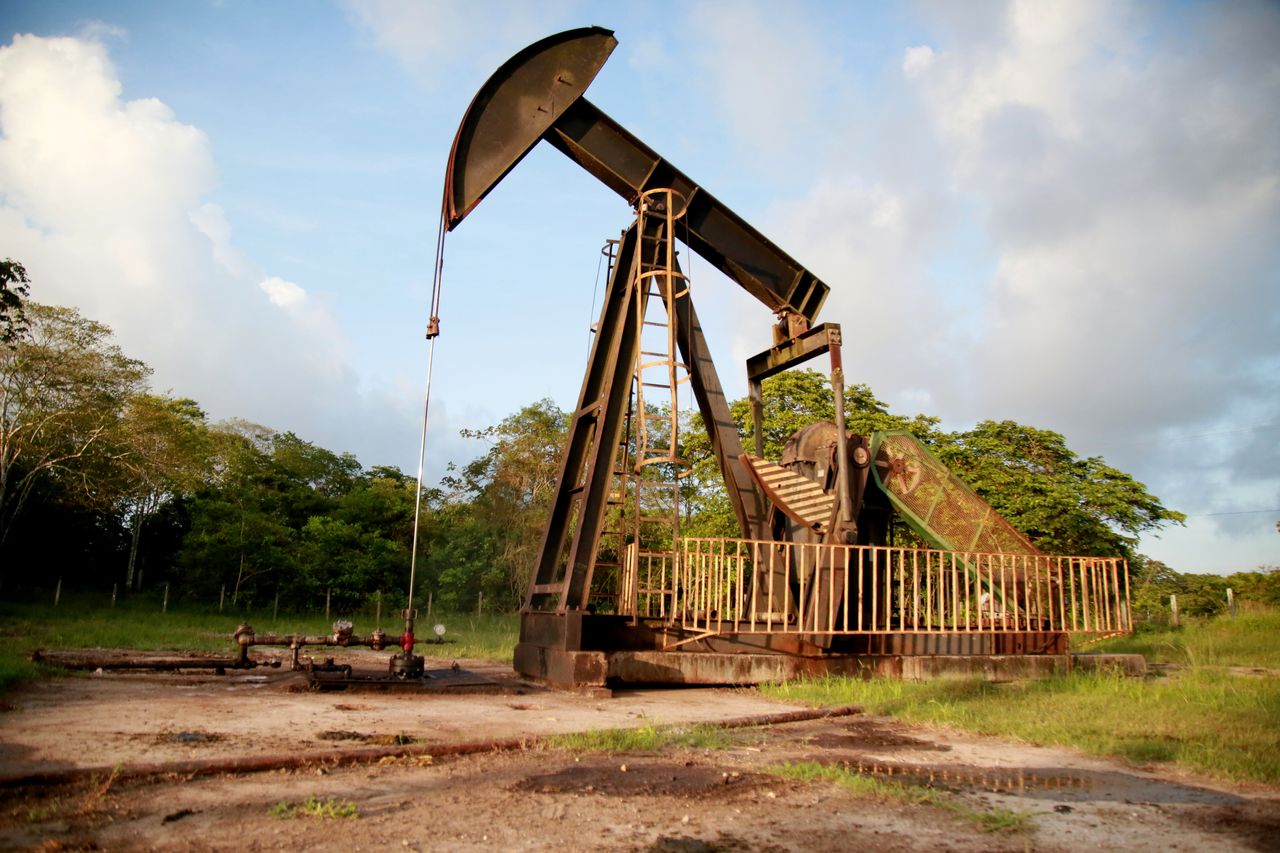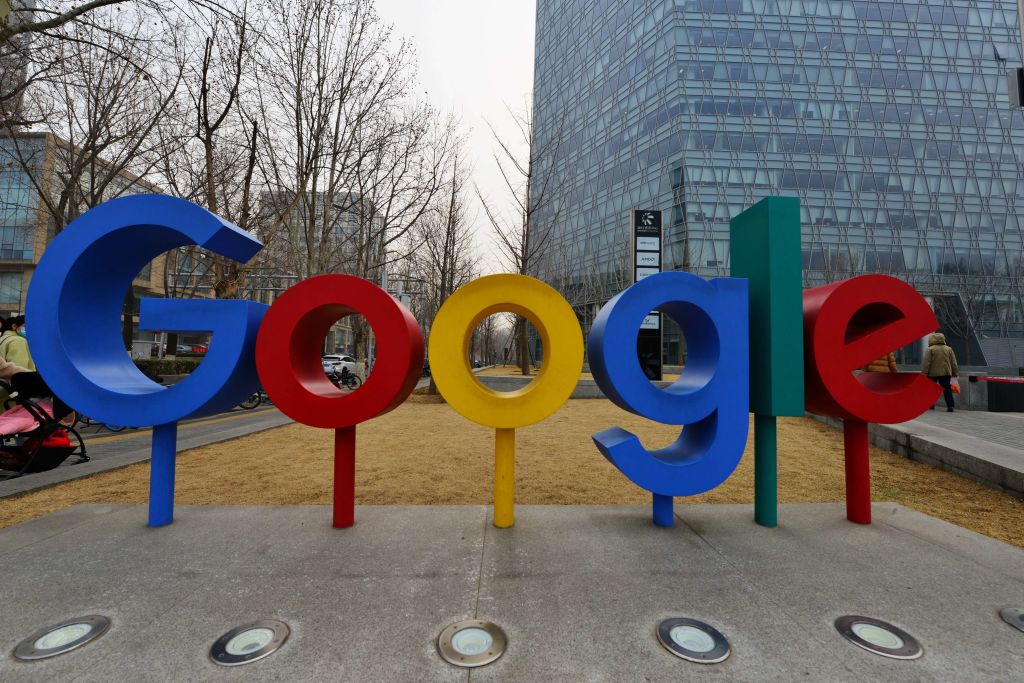Increased global demand, together with recent supply cuts, could spark a more than 20% rally in oil prices this year, experts say.
“We expect prices to peak at $65 and remain in the range $55 to $65,” says Art Hogan, chief market strategist at National Securities Corp. in New York.Futures contracts for light sweet crude were recently fetching $53 a barrel on the Commodities Mercantile Exchange.
Traders wanting to profit from the potential rally should consider buying June-dated futures contracts for light sweet crude on the CME. Alternatively, they could try purchasing the Invesco DB Oil exchange-traded fund (ticker: DBO), which holds a basket of crude oil futures. The fund has gained 7.5% this year through Jan. 11. It lost 21% in 2020, according to Morningstar.
This year crude has already rallied about 9%, due in part to an unexpectedly bullish move by OPEC+ (the Organization of the Petroleum Exporting Countries plus Russia) earlier this month.
The world’s second-largest producer, Saudi Arabia, surprised the world by announcing it would cut production in February and March by one million barrels a day (bpd). That move more than offset a combined 75,000 bpd increase for the same period by Russia and Kazakhstan.
Overall, the OPEC+ cut should help put a floor under prices, especially given that the member states will probably stick to their quotas. “We don’t see material risk to the group’s [OPEC’s] cohesion,” Barclays said in a recent report. Historically, OPEC members have often failed to stick to their production quotas, making price stability an issue.
Meanwhile, demand from China is higher than pre-pandemic levels. In the third and fourth quarters of 2020, the country consumed 13.7 million and 14 million bpd, respectively. That compares to an average of 13.3 million in 2019, according to OPEC.
Traders will likely bet on a rebound in demand for the rest of the world as Covid-19 vaccines allow people to return to business as usual. “My sense is that as we get back to a more normal society, we get a massive surge in people wanting to go flying and do things they could do before the pandemic,” says Jon Rigby, an oil analyst at UBS London. Such a scenario would mean an increase in oil demand, with air and land travel resulting in higher fuel consumption.
Oil prices will get an additional boost from a softer dollar. “My general view is that we won’t have a stronger dollar,” says Steve Hanke, professor of applied economics at Johns Hopkins University. “Automatically, a little bit weaker dollar will add a little bit of strength to the oil price.” Oil gets priced in dollars, which means that in general, when the dollar weakens, crude prices tend to rally.
A price rally will likely be tempered by increasing supply from shale producers in North America, says Hogan of National Securities. While the Biden administration will likely reduce drilling on federal lands, there is still a lot of potential supply ready to tap when crude prices approach $60. “There is plenty for us in the next two years to increase our supply with hydraulic fracking,” he says.
Buying any commodity futures contract is a risky endeavour, and oil futures are no exception. The price of crude is subject to influences by national governments, geopolitical upheaval, and changes in the global economy. All these can result in significant price volatility.
Despite that, the odds looked stacked in favour of a rally in crude prices over the next few months. “We see prices going higher, if not meaningfully higher,” says Daryl Jones, director of research at Hedgeye Risk Management.
 Copyright 2020, Dow Jones & Company, Inc. All Rights Reserved Worldwide. LEARN MORE
Copyright 2020, Dow Jones & Company, Inc. All Rights Reserved Worldwide. LEARN MORE
What a quarter-million dollars gets you in the western capital.
Alexandre de Betak and his wife are focusing on their most personal project yet.
CIOs can take steps now to reduce risks associated with today’s IT landscape
As tech leaders race to bring Windows systems back online after Friday’s software update by cybersecurity company CrowdStrike crashed around 8.5 million machines worldwide, experts share with CIO Journal their takeaways for preparing for the next major information technology outage.
Be familiar with how vendors develop, test and release their software
IT leaders should hold vendors deeply integrated within IT systems, such as CrowdStrike , to a “very high standard” of development, release quality and assurance, said Neil MacDonald , a Gartner vice president.
“Any security vendor has a responsibility to do extensive regression testing on all versions of Windows before an update is rolled out,” he said.
That involves asking existing vendors to explain how they write software, what testing they do and whether customers may choose how quickly to roll out an update.
“Incidents like this remind all of us in the CIO community of the importance of ensuring availability, reliability and security by prioritizing guardrails such as deployment and testing procedures and practices,” said Amy Farrow, chief information officer of IT automation and security company Infoblox.
Re-evaluate how your firm accepts software updates from ‘trusted’ vendors
While automatically accepting software updates has become the norm—and a recommended security practice—the CrowdStrike outage is a reminder to take a pause, some CIOs said.
“We still should be doing the full testing of packages and upgrades and new features,” said Paul Davis, a field chief information security officer at software development platform maker JFrog . undefined undefined Though it’s not feasible to test every update, especially for as many as hundreds of software vendors, Davis said he makes it a priority to test software patches according to their potential severity and size.
Automation, and maybe even artificial intelligence-based IT tools, can help.
“Humans are not very good at catching errors in thousands of lines of code,” said Jack Hidary, chief executive of AI and quantum company SandboxAQ. “We need AI trained to look for the interdependence of new software updates with the existing stack of software.”
Develop a disaster recovery plan
An incident rendering Windows computers unusable is similar to a natural disaster with systems knocked offline, said Gartner’s MacDonald. That’s why businesses should consider natural disaster recovery plans for maintaining the resiliency of their operations.
One way to do that is to set up a “clean room,” or an environment isolated from other systems, to use to bring critical systems back online, according to Chirag Mehta, a cybersecurity analyst at Constellation Research.
Businesses should also hold tabletop exercises to simulate risk scenarios, including IT outages and potential cyber threats, Mehta said.
Companies that back up data regularly were likely less impacted by the CrowdStrike outage, according to Victor Zyamzin, chief business officer of security company Qrator Labs. “Another suggestion for companies, and we’ve been saying that again and again for decades, is that you should have some backup procedure applied, running and regularly tested,” he said.
Review vendor and insurance contracts
For any vendor with a significant impact on company operations , MacDonald said companies can review their contracts and look for clauses indicating the vendors must provide reliable and stable software.
“That’s where you may have an advantage to say, if an update causes an outage, is there a clause in the contract that would cover that?” he said.
If it doesn’t, tech leaders can aim to negotiate a discount serving as a form of compensation at renewal time, MacDonald added.
The outage also highlights the importance of insurance in providing companies with bottom-line protection against cyber risks, said Peter Halprin, a partner with law firm Haynes Boone focused on cyber insurance.
This coverage can include protection against business income losses, such as those associated with an outage, whether caused by the insured company or a service provider, Halprin said.
Weigh the advantages and disadvantages of the various platforms
The CrowdStrike update affected only devices running Microsoft Windows-based systems , prompting fresh questions over whether enterprises should rely on Windows computers.
CrowdStrike runs on Windows devices through access to the kernel, the part of an operating system containing a computer’s core functions. That’s not the same for Apple ’s Mac operating system and Linux, which don’t allow the same level of access, said Mehta.
Some businesses have converted to Chromebooks , simple laptops developed by Alphabet -owned Google that run on the Chrome operating system . “Not all of them require deeper access to things,” Mehta said. “What are you doing on your laptop that actually requires Windows?”















